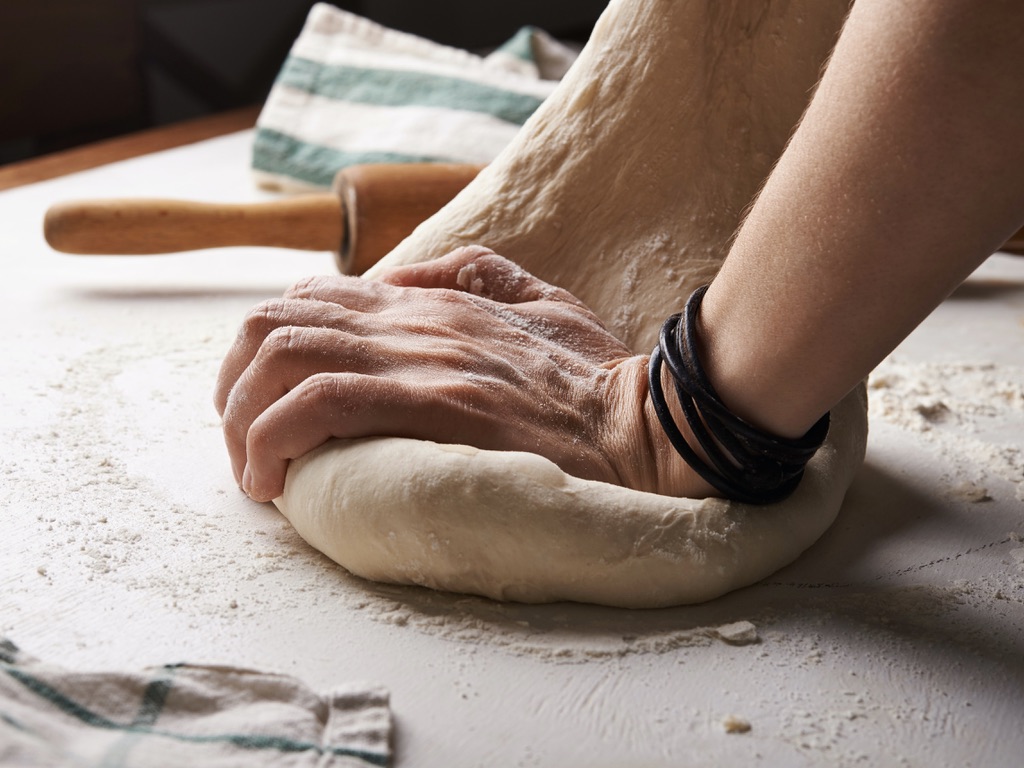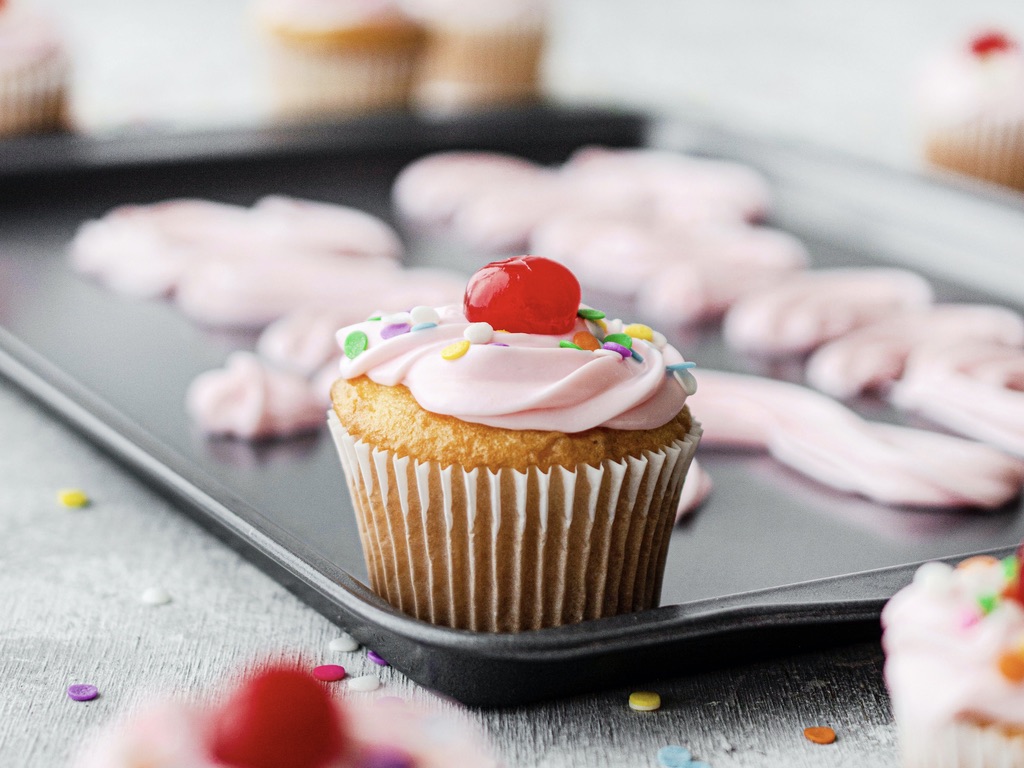
Since starting my business, I’ve promised to keep it real.
Health related content tends to lean idealistic. I mean, I’m a dang Health Coach and I find myself rolling my eyes at 90% of the articles and blog posts out there.
One of the reasons (and perhaps THE main reason) so many people give up on behavior change is because they feel like it requires drastic habit transformation. When the Health Coach you’re following on Instagram is only posting pics of being in the gym and eating lean protein and veggies, well – it feels entirely out of reach for most of us.
I’m here to say you can make progress (and sustain that progress) without giving up bread or Hazy IPA’s forever.
To be fair, if your goal is to be fitness competition ripped and have 19% body fat, you’ll need to make some big ass changes (and I am NOT the coach for you). But if your goal is to simply live a healthier life and lose some weight, congratulations – it doesn’t have to suck.
Here’s an example.
A new(ish) client of mine showed up to our first call eating the majority of her dinners from restaurants. She fully expected me to tell her she needed to start meal prepping/cooking at home. There was an audible sigh of relief when I suggested simply ordering slightly healthier options. She put together a list of her favorite restaurants + what she normally orders + ideas for meals that were a little bit healthier, but still satisfying.
In just over two months, she has lost 14 pounds. And she is THRILLED because she is finally losing weight in a way that feels sustainable long-term.
Another example.
Many of my clients began drinking more during the pandemic to manage stress. Heck, even I started drinking more in 2020.
Although the world has begun to open back up, old habits die hard. Sure, you can go cold turkey and try to stop drinking entirely. Or – you can step it down little by little.
Drinking every night of the week? Aim for only six days to start.
Drinking a bottle of wine/night? Try stopping at half a bottle a few days/week. Or better yet – purchase half bottles of wine.
Too much + too fast usually results in throwing in the towel. But we have somehow convinced ourselves that too much + too fast is the ONLY way.
I’m not saying behavior change is easy. It’s not. I’m just saying it doesn’t have to be as hard as we make it out to be.
💙 Robyn
Interested in a one-on-one coaching relationship with me? It would be an honor to work with you if and when the time feels right.
To learn more about Personal Weight Loss Coaching click HERE.
To schedule a Discovery Session click HERE.


